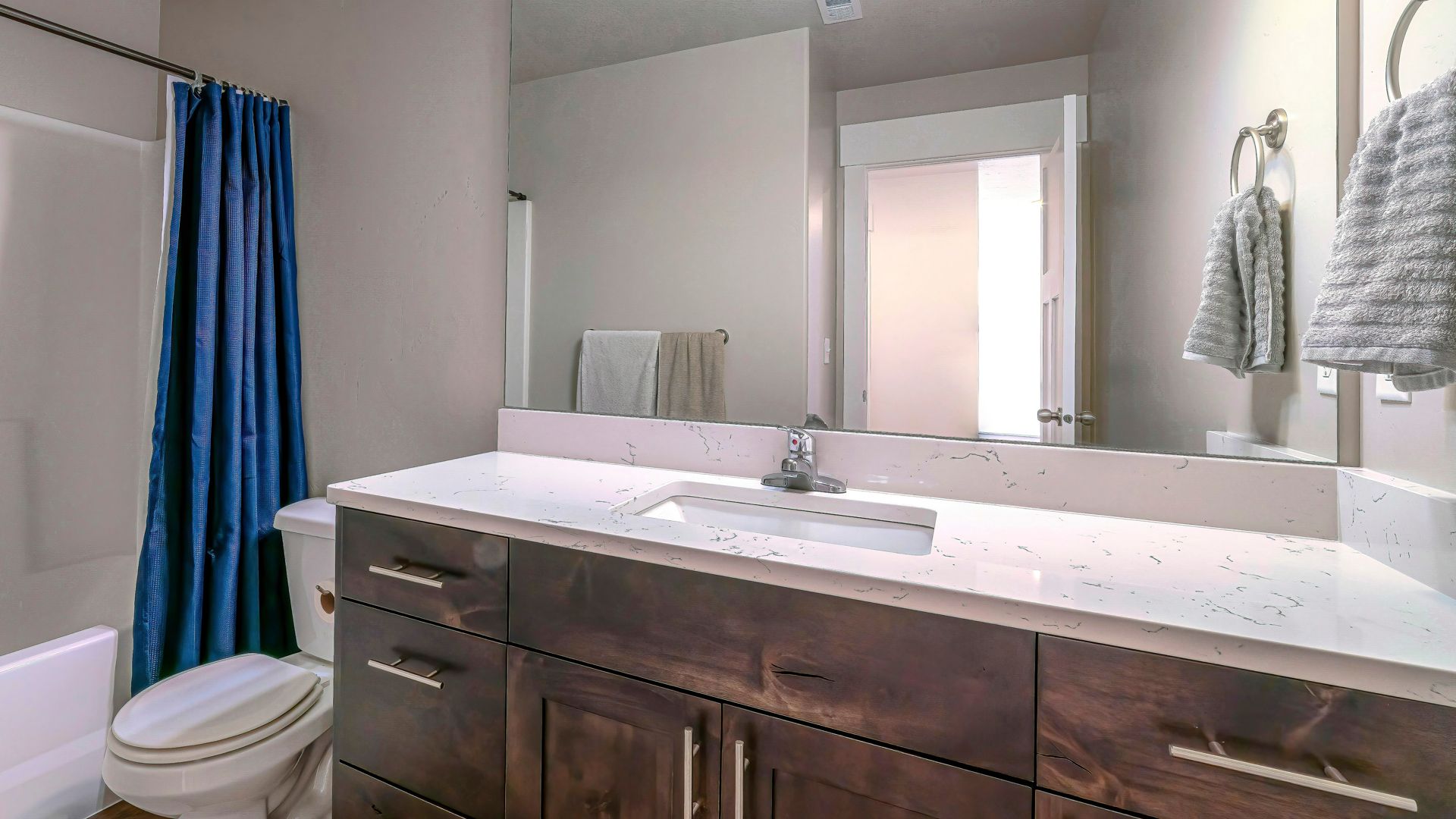With the holidays upon us, now’s the time to start preparing your heater. If you haven’t fired up your system yet, there’s a strong chance you probably will be doing so very soon. However, every year around the start of the heating season we hear a number of myths or tidbits of misinformation that need to be corrected. If you want to learn how to operate your heater more efficiently and effectively while also saving money on your energy bills this winter, then this blog is for you.
Here are four facts that every homeowner should know and the truth about best practices when it comes to heating your home.
Furnaces & Heat Pumps Are Not the Same
The English language is full of instances where multiple words can refer to the exact same thing. The terms “furnace” and “heat pump” are not an example of this. We often hear the two confused, but beyond the fact that both devices heat your home, the two really couldn’t be more different. Furnaces involve burning a source of fuel, usually oil or natural gas, and then using the heat from that combustion to warm your home. Heat pumps don’t actually generate any heat at all—they gather it from the environment outside and amplify it, then sending it inside where it’s passed into the air that’s forced around your home using a blower fan. Knowing which type of heating system you have in your home is vital to making sure that you set it up properly and get the maintenance and preparation your home needs for the coldest months of the year.
Got a Problem? It’s Probably Due to Your Air Filter
It often surprises people to learn just how many of their heating and cooling problems can be connected back to a small, simple, and easily-replaceable part: their air filter. Your air filter plays an important role in your heating cycle: air that is pulled into your HVAC system is passed through this filter to remove debris like dust, pollen, and much more before the air enters your air handler or heat exchanger. As your filter fills up with dust and debris, it both loses its ability to strain as much air as it did before and more and more debris is able to escape or be pulled through. This adds a lot of extra wear and tear to your system and could even contribute to additional breakdowns or faults that shorten your heater’s lifespan. The average homeowner should be checking their filter at least once a month and then replacing it every three months or so (or as often as necessary) in order to ensure their filter is always clean, clear, and capable of protecting their home as much as possible.
Cranking Up the Temperature Doesn’t Heat Your Home Any Faster
Unless you have a multi-speed blower motor (which aren’t all that common), your heater can only warm your home at one speed. Thus, cranking the temperature up even higher than normal doesn’t actually warm your home up any faster. Instead, all that happens is the furnace cycles for longer until it blows past your temperature goal and reaches your temperature that’s too high. This leads to wasted energy, an uncomfortable home, and excessively high utility bills at the end of the month in addition to added wear and tear on your system.
How should you set your thermostat? Exactly where you want it. However, if you have a multi-story home with a separate heating system for both your upstairs and downstairs units, set your upstairs unit to two degrees below your target temperature. The warm air from downstairs will slowly percolate upward and give you a much more even temperature throughout your home.
A Roaring Fire Wastes Heat
A roaring fire may be one of the best things you can enjoy during winter, but it’s not something you should enjoy frequently. Opening your chimney to allow the smoke and exhaust out is essentially the equivalent of leaving a large window open somewhere in your home. While your fire may generate heat, your chimney will lose a ton of it. There’s a reason why walking away from your fire makes the rest of your home feel so much colder, and no, it’s not just that the warm temperature around the blaze makes the rest of your home feel colder. If you do wish to enjoy a fire this holiday season, by all means do so. However, don’t leave your chimney vent open once the fire is put out, Likewise, consider installing a set of glass chimney doors to limit heat loss if you plan on allowing your fire to burn itself out over time. Your heating bill will thank you.
Schedule a tune-up for your heater this winter by calling A-TEMP Heating, Cooling & Electrical at (503) 694-3396 today.

.1).1905151427550.png)